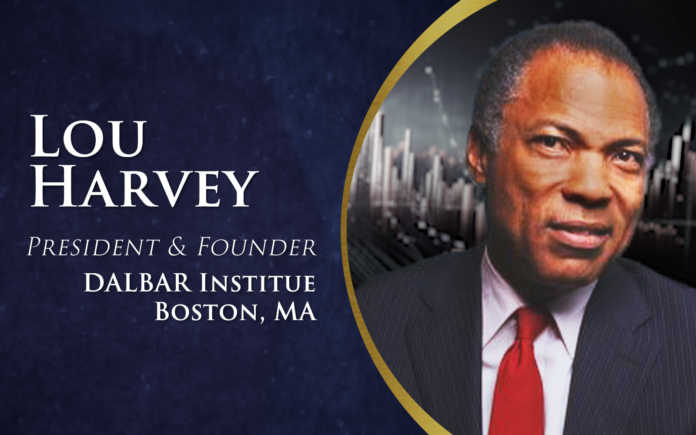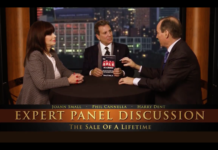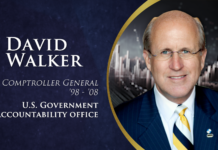It is no secret that Wall Street is held to a different standard than the rest of the investment community. With two financial crises happening in 2001 and 2008, public opinion of Wall Street and investment banks have significantly declined.
Despite the events of the early 2000’s, the investment culture has not changed and many of the factors that caused issues in the two previous economic crises still remain intact. The events of 2008 showed investors and consumers the level of irresponsibleness throughout the economy as a whole, as a number of banking institutions were labeled “too big to fail.”
Institutions that were designated “too big to fail” were bailed out or received stimulus from the government. If their failure were to impact a large part of the economy, the government would not let them dissolve. In these situations it would be more detrimental to let the company fail than it would be to revive them. This controversial decision has left a bad impression on many consumers.
One reason why public opinion has dwindled in this industry is because Wall Street advisors and brokers have never been held to any fiduciary accountability. This fact has enabled corruption and deceptive behavior to run rampant through the investing and securities industries, as well as banking institutions.
Lou Harvey, Founder and CEO of the DALBAR Corporation, spoke with Retirement Media, Inc. Founder and CEO Phil Cannella to discuss this industry issue. Harvey worked outside of the investment community protecting individuals by evaluating financial and healthcare services so organizations could provide the best quality of products to their consumers. In his exclusive interview, Harvey shared his outlook for Wall Street and investment banks.
“Since 2008 nothing has changed substantially,” Harvey states. In his opinion, something fundamental needs to change in order to restore confidence that the security industry isn’t engaging in the same practices that have led to financial problems in the past. Harvey described that the view from consumers should be “brutally negative” considering the unchanged circumstances in the industry and the caveat of “buyer beware.”
Bailing out companies that are “too big to fail” increases government control over the industry, which is constantly being stimulated by regulations. Consumer confidence will continue to suffer so long as banks and other financial institutions are not held to fiduciary responsibilities.













